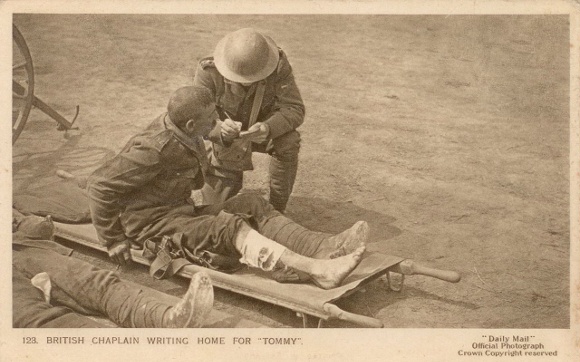Wilfred Owen, selected poems Contents
- Wilfred Owen: Social and political background
- Wilfred Owen: Religious / philosophical context
- Wilfred Owen: Literary context
- Wilfred Owen: 1914
- Wilfred Owen: Anthem for Doomed Youth
- Wilfred Owen: At a Calvary near the Ancre
- Wilfred Owen: Disabled
- Wilfred Owen : Dulce et Decorum Est
- Wilfred Owen: Exposure
- Wilfred Owen: Futility
- Wilfred Owen: Greater Love
- Wilfred Owen: Hospital Barge
- Wilfred Owen: Insensibility
- Wilfred Owen: Inspection
- Wilfred Owen: Le Christianisme
- Wilfred Owen: Mental Cases
- Wilfred Owen: Miners
- Wilfred Owen: S.I.W
- Wilfred Owen: Soldier’s Dream
- Wilfred Owen: Sonnet On Seeing a Piece of Our Heavy Artillery Brought into Action
- Wilfred Owen: Spring Offensive
- Wilfred Owen: Strange Meeting
- Wilfred Owen: The Dead-Beat
- Wilfred Owen: The Last Laugh
- Wilfred Owen: The Letter
- Wilfred Owen: The Parable of the Old Man and the Young
- Wilfred Owen: The Send-Off
- Wilfred Owen: The Sentry
- Wilfred Owen: Wild with All Regrets
The Letter - Synopsis and commentary
Synopsis of The Letter
An ordinary soldier is writing a letter home to his wife from a rest position behind the front. He tells her that he is well, that the trench foot from which he has been suffering is better. He hasn’t seen much of the enemy and writes about their children and his mother. In between sentences he has a conversation with a comrade. We hear him being fatally wounded at which point he asks his comrade to write to his wife.
Investigating The Letter
- The Letter is Owen’s way of showing what life was like for the average British Tommy or private soldier on the front. Make a list of the ordinary day to day things he mentions in the poem
- Make a list of the relationships which emerge through the poem
- How does Owen use these simple but deeply human aspects to show the pity of war?
Commentary on The Letter
Context
The Letter was written in Ripon in 1918 when Owen was preparing to return to France for what would be the last time. As a British officer, Owen’s first duty was to look after the ‘men’ under his command. Owen knew his troops very well and cared for them deeply. Although his own background was middle class, he had a good understanding of the working men with whom he served, perhaps more so than Siegfried Sassoon and Robert Graves who were upper-class public school boys.
Letters home
 Most First World War soldiers could read and write. Without access to telephones, letters home and letters from home were very important. Most letters were written in pencil since biros had not yet been invented and fountain pens were for officers, not men. The men were not allowed to say what conditions were like in too much detail and all letters had to be read by an officer, who might heavily censor them. Reading such letters would have been one of Owen’s duties as an officer.
Most First World War soldiers could read and write. Without access to telephones, letters home and letters from home were very important. Most letters were written in pencil since biros had not yet been invented and fountain pens were for officers, not men. The men were not allowed to say what conditions were like in too much detail and all letters had to be read by an officer, who might heavily censor them. Reading such letters would have been one of Owen’s duties as an officer.
Life on the front
- B.E.F. stands for British Expeditionary Force, the name given to the army in 1914. For security reasons it was the only address the troops were allowed to use
- In the rest: when the troops were not actually fighting on the front line they were sent back to ‘rest’. This was a misnomer. The men continued to train and were also at risk from bombardment. However they would be out of the trenches and in a place more conducive for writing letters
- Trench foot: most men suffered from this condition as a result of standing in cold water and mud for hours on end in the trenches. The foot became white, swollen and smelly. It was very painful and extreme cases could result in amputation
- The order to ‘stand to’ was a military command ordering the men to get ready for action.
Investigating commentary on The Letter
- Owen was an officer, whilst the private soldiers he commanded were known as ‘men’. How does this poem help us to get a sense of Owen’s understanding of his troops?
- What does this poem tell us about the living conditions of the men even when ‘in the rest’?